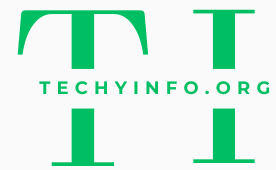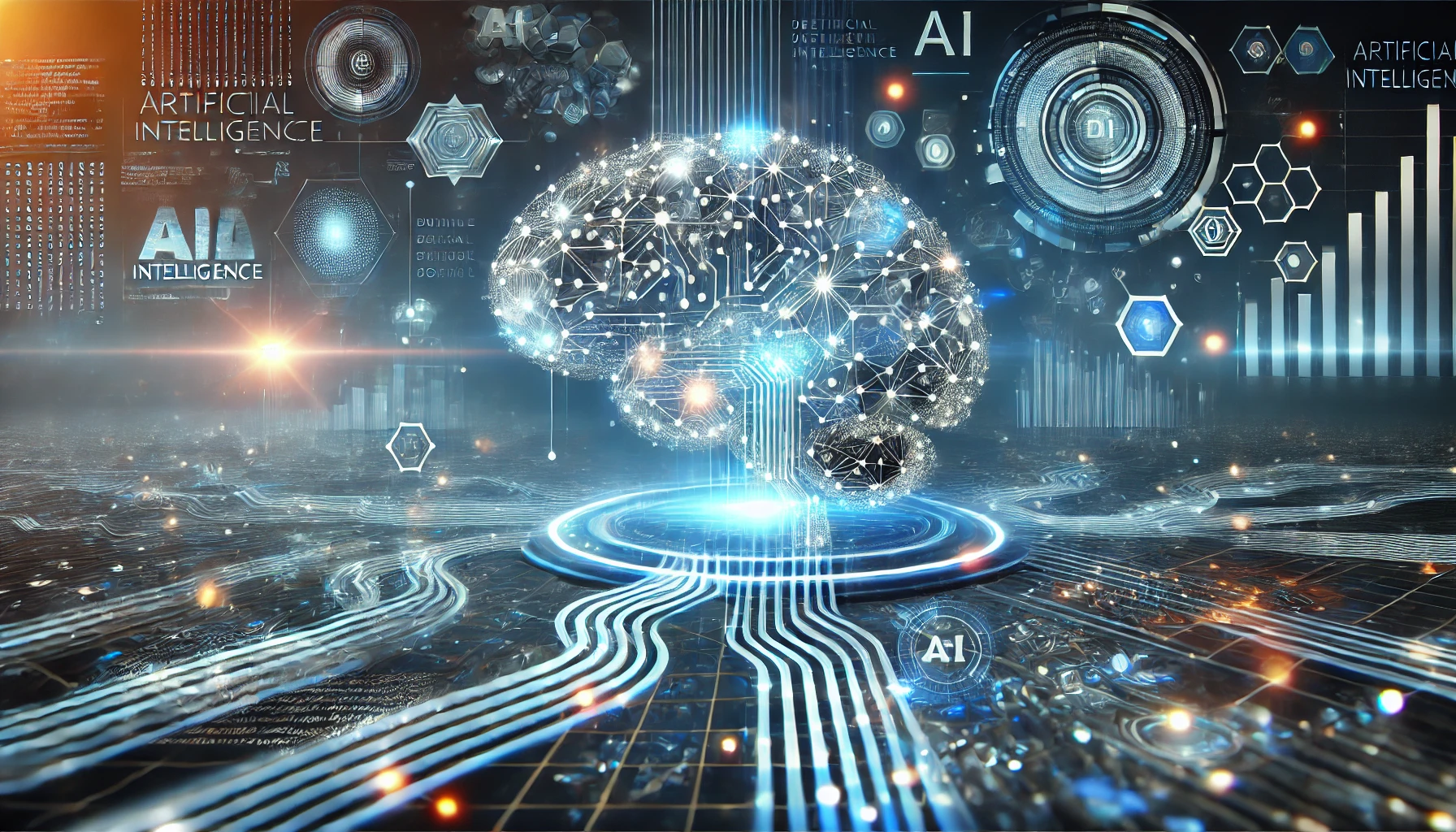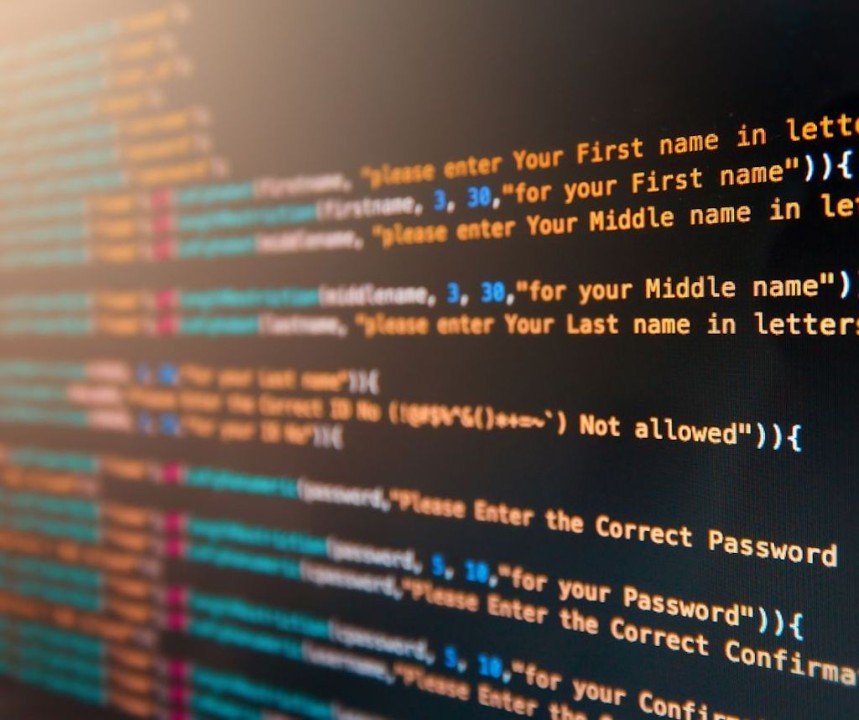Technological advances are bound to save people time and improve efficiency, and AI-generated images are popular for this reason. Businesses and individuals want to improve efficiency and creativity, and will use AI image creators to benefit their work and life. Of course, these AI-generated images also play the greatest impact in SEO strategies, just need to optimize them for search engine performance.

Understanding AI-Made Pictures
AI-make pictures are images created using artificial intelligence algorithms. These images can range from realistic photos to abstract art, generated quickly and with minimal human intervention. AI tools like DALL-E, Artbreeder, and DeepArt have revolutionized the way visual content is produced, allowing for unique and high-quality images that can be tailored to specific needs.
Why Optimize AI-Made Pictures for SEO?
Optimizing images for SEO is essential because search engines like Google use various factors to index and rank visual content. Properly optimized images can enhance website visibility, improve user experience, and increase organic traffic. For AI make pictures, this optimization ensures that these innovative visuals contribute effectively to your overall SEO strategy.
How to Optimize AI-Made Pictures for Better SEO Performance
1. Use Descriptive File Names
One of the first steps in optimizing AI make pictures is to use descriptive and keyword-rich file names. Instead of using generic names like “image1.jpg” or “picture.png,” choose file names that describe the image content accurately. For example, “AI-generated-landscape.jpg” or “AI-art-abstract.jpg.” This practice helps search engines understand the context of the image and improves its chances of ranking in relevant searches.
2. Add Alt Text and Captions
Alt text (alternative text) is crucial for image SEO as it provides a text alternative for search engines to understand the image content. Write concise and descriptive alt text that includes relevant keywords. For instance, for an AI-generated picture of a sunset, the alt text could be “AI-generated picture of a vibrant sunset over the ocean.” Captions can also enhance SEO by providing additional context and engaging users.
3. Optimize Image Size and Format
Large image files can slow down website loading times, negatively affecting SEO. Use an AI assistant to compress and optimize images without compromising quality. Tools like TinyPNG or ImageOptim can help reduce file sizes. Additionally, choose the appropriate image format; JPEG is generally best for photos, while PNG works well for images with transparency.
4. Create an Image Sitemap
An image sitemap is a file that provides search engines with information about the images on your website. Creating and submitting an image sitemap helps search engines discover and index your AI make pictures more efficiently. Ensure that your sitemap includes the image URL, caption, title, and license information if applicable.
5. Implement Structured Data
Structured data, or schema markup, provides additional information about your images to search engines. By adding structured data to your webpages, you can enhance how your AI make pictures are displayed in search results. For example, you can use the “ImageObject” schema to specify details like image title, author, date published, and more.
6. Leverage Social Media Sharing
Sharing AI make pictures on social media platforms can boost their visibility and drive traffic back to your website. Use an AI assistant to schedule and optimize posts across different social media channels. Ensure that images are appropriately tagged with relevant keywords and hashtags to increase their discoverability.
7. Monitor and Analyze Performance
Monitoring and analysis are important for search engine optimization, and the performance of AI-generated images also needs to be monitored and analyzed. In SEO, ther are common tools for your option, like Google Analytics (GA), Simlarweb, and Google Search Console (GSC) , etc. They can track image traffic well, click-through rate, and user engagement. Combined with the analysis function of AI assistants, it can help interpret this data and make suggestions for improvements to your image SEO strategy.
Conclusion
Both your own pictures and AI-generated pictures, it is very important to optimize them. Generally, what you can do about image optimizations include reducing the size of the picture and ensuring clarity, naming the picture correctly, adding alternative text, etc. If you are not sure how to do it, with the help of AI assistants, these tasks become easier to manage. Therefore, the correct use of AI tools will also greatly help your SEO strategy.





